The CMP Review — Week of August 21
August 21, 2023

“Thus the child will learn the value and importance of beautiful and perfect work, and will bring this lesson that he has learnt into everything he does.
Sloyd also gives training in patience and perseverance in finishing carefully all the minute details of a model.
People will perhaps say that it is a pity to spend much time over one handicraft when there is so much to be learnt of more importance than Sloyd.
Other subjects may, perhaps, be of more importance from a purely utilitarian point of view, but surely that is not the only point from which we regard the subjects of the school curriculum?
We require of the subjects also that they shall give inspiring ideas, widen the horizon of thought, give new interests, and last, but not least, help the child to form new relations with things or materials outside himself.
Sloyd, I think, fulfills all these conditions to a great extent, and therefore has an important place as an instrument of education.” (L’Umile Pianta, 1906, “Cardboard Sloyd”)
@tessakeath
August 22, 2023
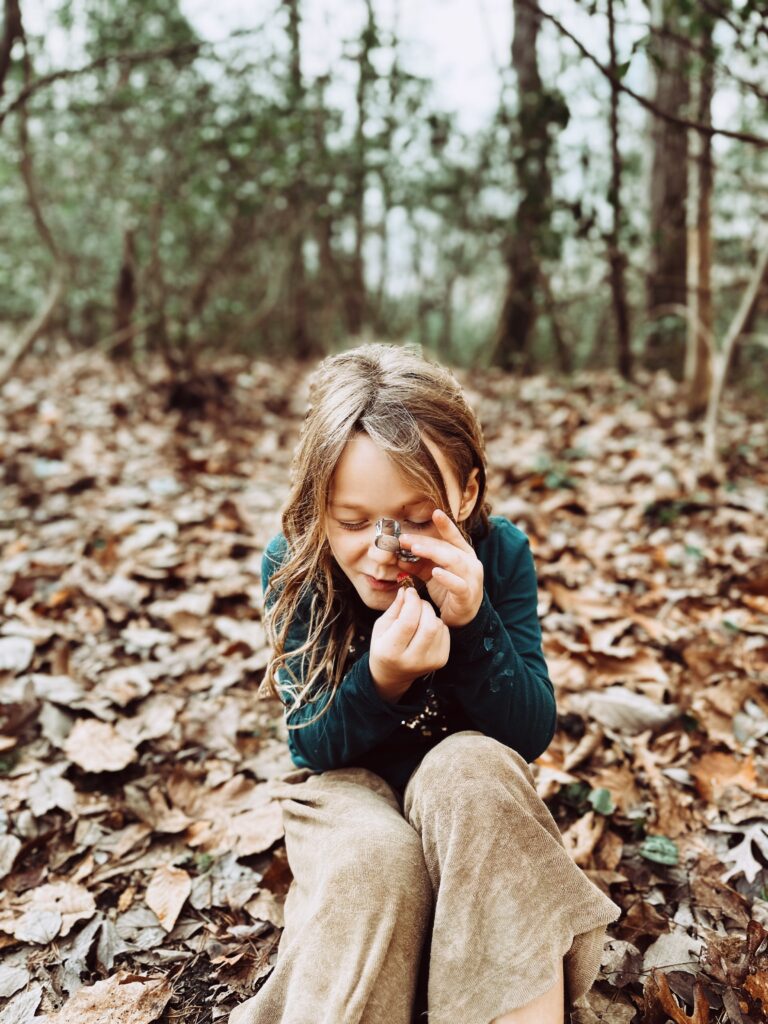
Essex Cholmondeley is best remembered as the author of the beloved biography The Story of Charlotte Mason. But Cholmondeley’s own story is an unlikely one. “When I first thought about education,” she recalls, “I was not very much interested in the subject.” Essex had a dramatic change of heart, however, when, as she recounts, “I came to know Miss Mason.”
In 1925, Cholmondeley had the opportunity to introduce the Charlotte Mason method to a new audience. She chose to organize her talk around the question “What is Education?” The result was an accessible and masterful description of the key elements of the Charlotte Mason method that set it apart.
In our day, when many struggle to find a concise way to summarize the principles of Miss Mason, Cholmondeley’s text provides refreshing clarity. Hear or read her original words from 1925, and be reminded that “every person is in need of something to love, something to do and something to think about.” Find it here.
@artmiddlekauff
August 23, 2023
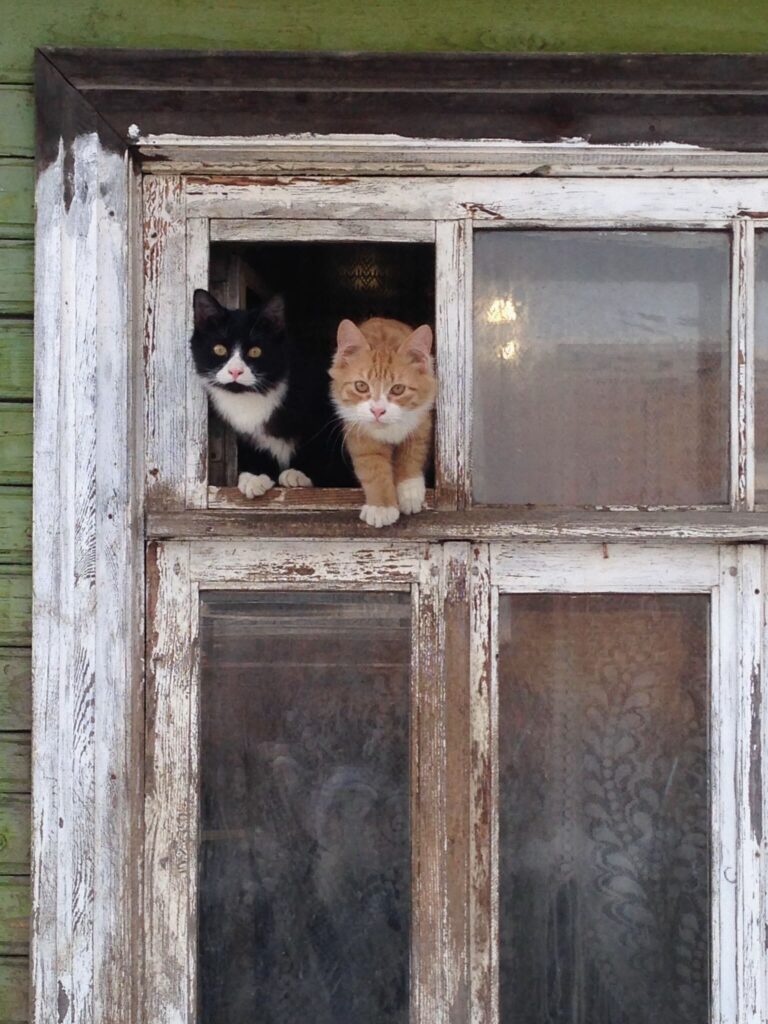
“Even the bad days are good” is something my sister, a veteran homeschooler, remarked when I’d sought advice on educating my boys at home. I tucked those words in my heart and unfolded them often over the last 14 years. On Monday they both began college and I have no doubt that their Charlotte Mason education will serve them well there and beyond. I don’t have any sage advice at the moment as the emotional side has quite taken over. So, I’ll pass on the words of my sister: Even the bad days are good.
*Many years ago my boys requested that they not appear on my social media (either their words or images) without their express consent. Hence, the photo of these endearing cats we saw on a walk.
@rbaburina
August 24, 2023
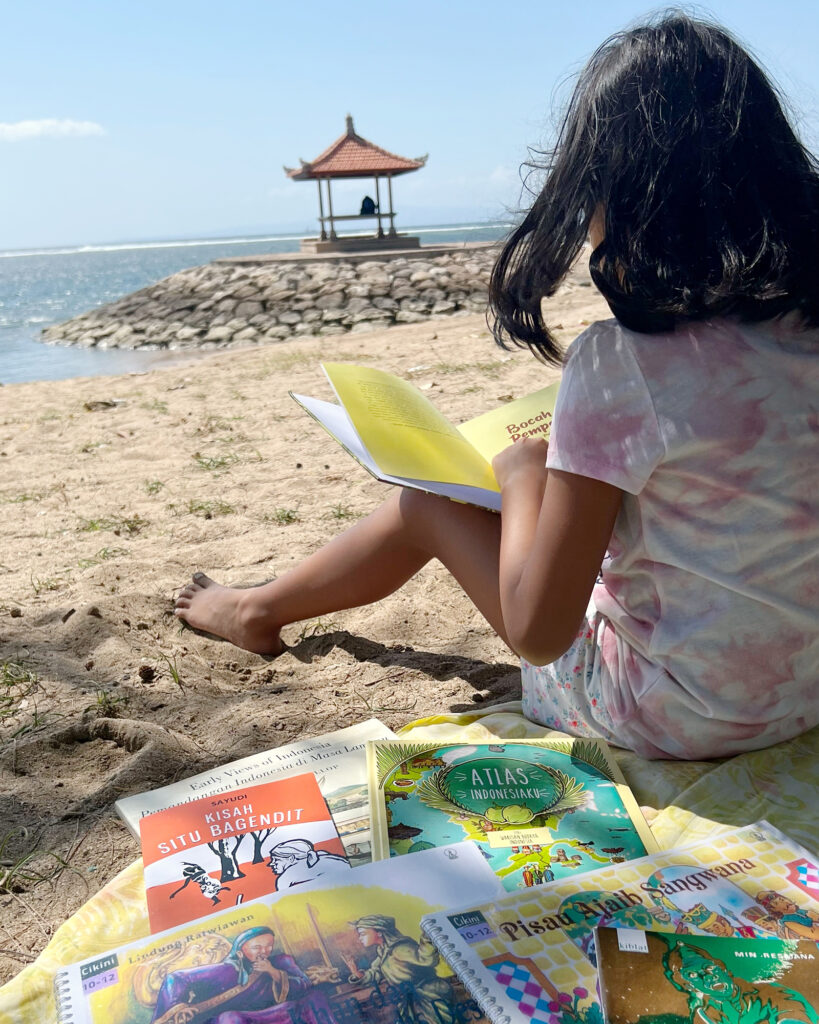
“Our principles are like leaven and have been spreading all this time,” wrote Charlotte Mason near the end of her life. “It is not because we are clever, not because we know more, but because it has been our good fortune that a philosophy of Education has come our way,” she added. But was this good fortune meant only for English-speaking people? Are these principles only to bless those who have had the good fortune to be connected to Charlotte Mason by culture or country?
A year ago I had the privilege to meet with the core team of Lilies of the Valley (@liliesofthevalley.id), a Christ-loving, Charlotte Mason based community of mothers in Indonesia. They wanted my advice on living books and curriculum. All of their questions and suggestions had one thing in common: all the books they asked about were written in English.
Gently but persistently I reminded them of Mason’s own words. “Every tie that we are born to is necessary to our completion,” wrote Miss Mason. “Loyalty to country, Patriotism, is a noble passion.” Some of you left Indonesia only to return again, I pointed out. Why did you do so? Because there is something precious to you about your country, your culture, and your language. Who are your poets? What are your living books?
The team of Lilies of the Valley accepted my challenge to not fully rely on an established English curriculum but rather to develop their own. For months they have searched the riches of their own people to identify a curated list of living books ranging from narrative history to historical fiction to general fiction, all written in Indonesian (Bahasa Indonesia). They selected artworks of classic Indonesian artists to form a new picture study rotation. And these selections are just the beginning.
Principles are indeed spreading like leaven. Principles such as “Children are born persons.” Persons who delight in their heritage, their heroes, and their language. When these children begin to read their living books in Indonesian, I am sure that Mason will be looking on from heaven and smiling again at her good fortune that a philosophy of Education came her way.
@artmiddlekauff
📷: @liliesofthevalley.id
August 25, 2023
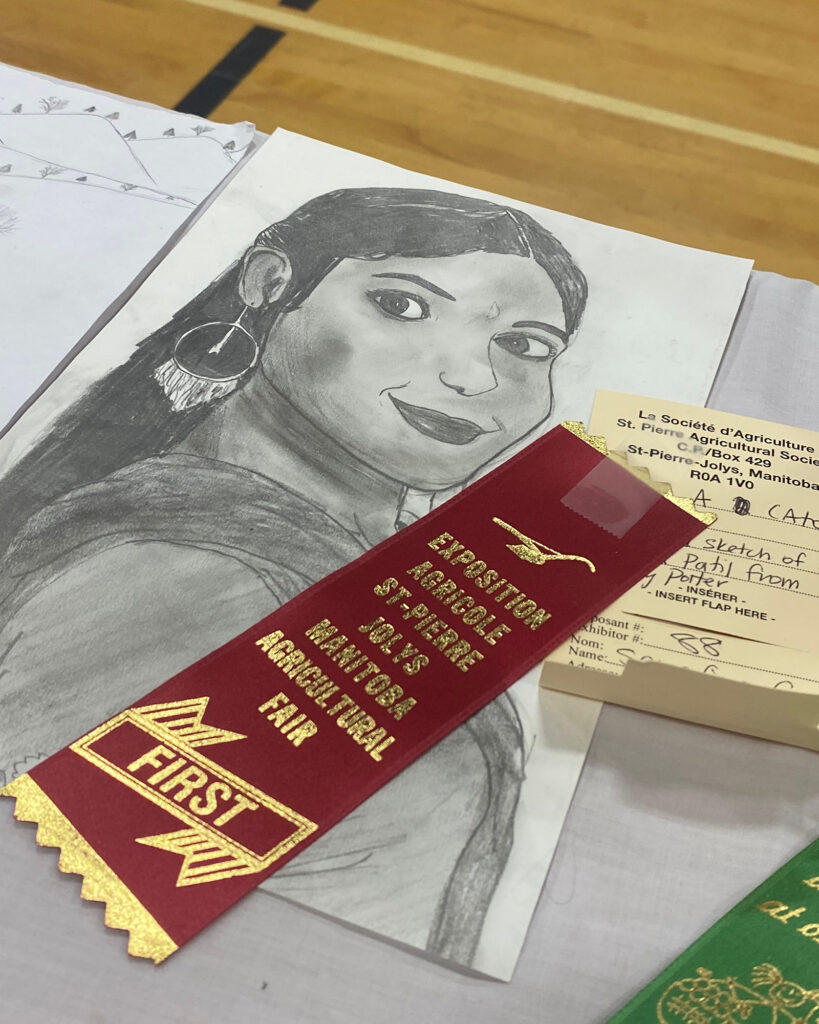
Our neighbouring town has a quaint Agricultural Fair that they run every summer. People enter their prize-winning tomatoes, pies, and other yummy things like that.
They also have other classes of entries as well, including things like art work, sewing, photography, and various crafts.
Serafina entered this pencil sketch (at the encouragement of one of her little friends), and was quite pleased to take first prize.
Do you have any of these types of exhibition/fairs near where you are? Does your family take part in them?
@antonella.f.greco
August 26, 2023
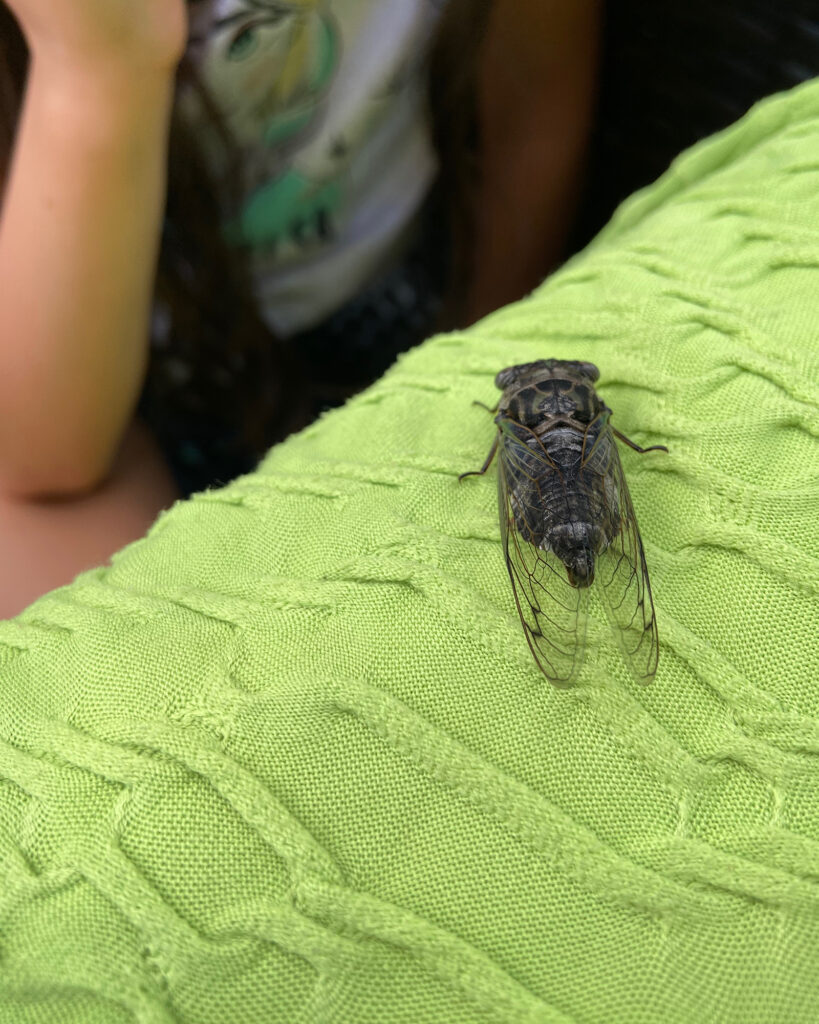
This cicada landed on some laundry I had hung up to dry. My little nieces and nephew were completely mesmerized.
The cicada kindly obliged and let us study it for 10 minutes, before flying up into a nearby tree.
Just look at those wings! Isn’t God’s creation amazing? It gets me every.single.time.
@antonella.f.greco
August 27, 2023

Mystery surrounds the origin of narration in the Charlotte Mason method. Of course narration is introduced in Home Education on pages 231–233. Since this was Mason’s first volume, it may be supposed that narration was there from the start. But these pages were new to the Fourth Edition published in 1905. The earlier editions were silent on the topic. They did not even mention the word.
Narration first appeared in the PNEU literature in the very first programme, dated 1892. In June of that year, Mason’s Parents’ Review article “The Home School” revealed the first description of the practice that became a hallmark of her method: “Now the Parents’ Review School requires a good deal of Bible study. The suggestion as to method is, ‘Read aloud to the children a few verses, deliberately, carefully, and with just expression; require them to narrate what they have listened.’”
The first narration was the narration of Scripture.
Professors Chalcarft, Elton–Chalcarft, Ackroyd, and Jones recently published a monograph exploring Charlotte Mason’s volumes of sacred poetry. These researchers shed further light on the mystery as they write: “The method of reading or listening to a reading, followed by recall/narration, was itself an importation into all forms of reading, of a method first grounded in learning the Bible. [Mason’s] biblical hermeneutics, so to speak, became the bedrock of her educational philosophy and emphasis on reading and recall/narration.”
“Now this is no parrot-exercise,” clarified Mason in her final volume. “It is only by trying the method oneself on such an incident, for example, as the visit of Nicodemus or the talk with the woman of Samaria” that one can see the life and power of narration.
Imagine when Mason narrates the story of a man born blind who begins to see. It opens the eyes of the heart to new light. Listen or read it here.
@artmiddlekauff